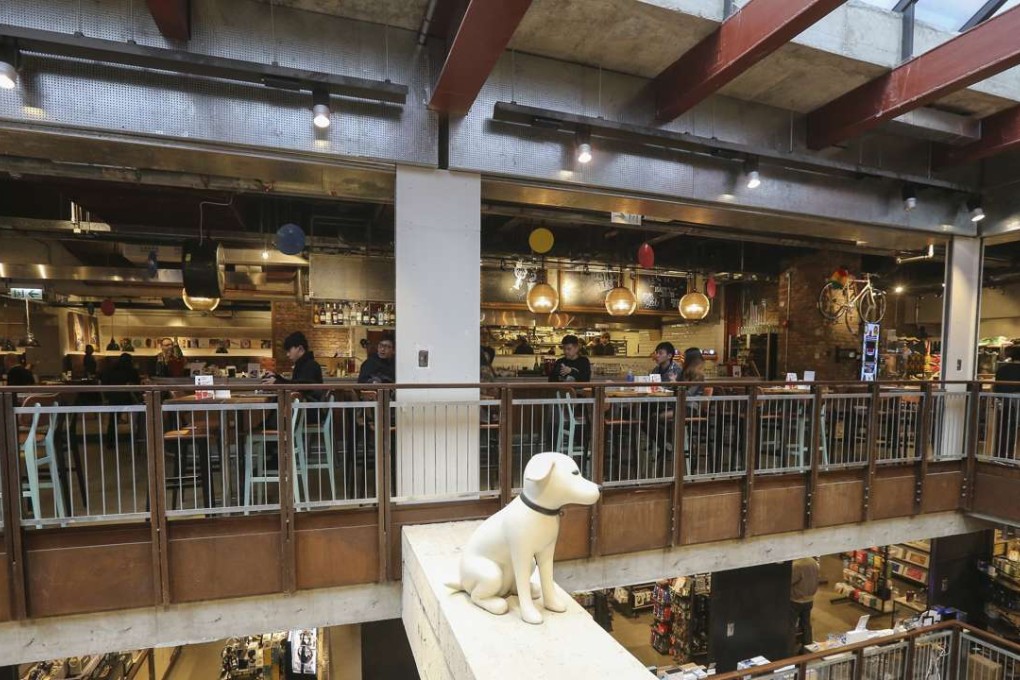Concrete Analysis | HK retailers embrace experimental retail as ‘new normal’ sets in
Strategic business thinking, innovative retailing practises can help companies expand reach, boost market share

Faced with tough challenges amid a visible decline in tourist arrivals and retail sales, the retail industry is set to face a “new normal”, unlike in earlier years when the sustained spending of mainland visitors fuelled growth. With more retailers and shopping centre landlords struggling to increase market share and expand their reach, strategic business thinking and innovative retailing practises could determine which ones are in, and which ones are out.
In such a market, the use of experiential retail has become increasingly popular as retailers and landlords recognise the need to offer hands-on, authentic experiences that will draw shoppers into their stores or shopping centres. The idea is to turn shopping into a more personalised and appealing experience, by giving shoppers a feel or taste of the products before committing to the purchase decision.
The concept of experiential retail is not new to the market; yet, retailers and landlords have put a lot more thought and creativity into this concept to bring about a unique and refreshing experience to their shoppers. Let’s take a look at some more interesting experiential retail store formats popping up in and around the city:
● Sports/athletic apparel: adidas has recently introduced a new format of flagship store in Causeway Bay which, aside from showcasing their sports collection, features a within-store training section – with free workout courses provided by the Adidas training academy. The store also comprises a refresh zone with changing rooms and locker facilities, making the store somewhat like a clubhouse for “members”– the first of its kind in Hong Kong. Such a store format helps to create an appealing, memorable, fun and interactive experience to customers, highlighting adidas’ efforts in achieving brand differentiation and building brand loyalty.
● Lifestyle products: Drone maker DJI will open a 10,000 sq ft flagship store in Causeway Bay to feature examples of aerial photography and conveniently showcase their products. Focused on customer engagement, the store will enable shoppers to see, touch and learn more about the products through experiential seminars, workshop and drone related special events within the flagship store.
● Crossover: Not limited to a single operator, the experiential retail formula enables many retailers to crossover with others as a means to open up more possibilities and widen the range of retailing experience on offer. For example, Watsons Glam by STEAM is a recently opened hair salon by Watsons – a pharmacist and a hairstylist inside Watsons’ flagship store in Causeway Bay. The salon provides a platform for customers to experience a style change and try-outs of hair care and styling products recommended by a professional stylist before placing an order.
